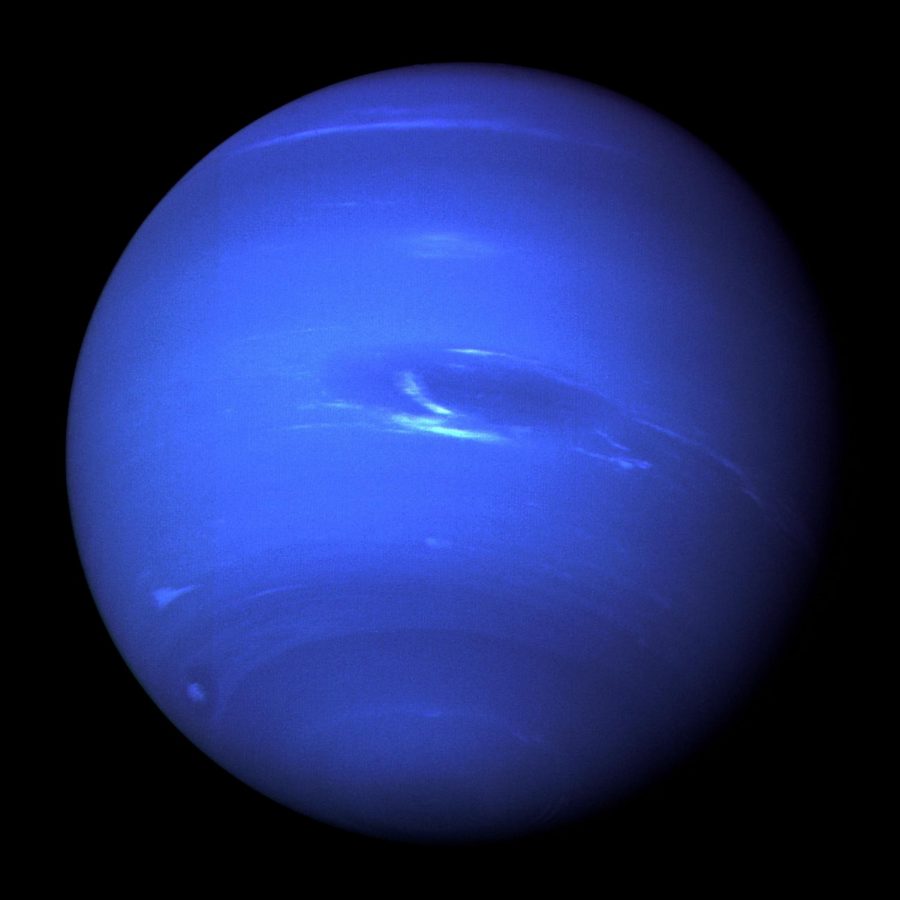“Ad Astra” Reaches for the Stars
“Ad Astra” was released on September 20, 2019. As of Nov. 6, 2019, “Ad Astra” has grossed around $126 million.
October 17, 2019
In the last few years, the film industry seems to have developed an obsession with space and ideas of interstellar travel and exploration. In just the past seven years alone, movies such as Christopher Nolan’s “Interstellar,” Alfonso Cuarón’s “Gravity,” and Ridley Scott’s “The Martian” were released to international audiences, showing our newfound love for all that lies beyond planet Earth.
Few movies, however, can capture the equal measures of wonder and dread that one might feel when exploring the vastness of the stars as presented in the newest addition to the big names of science fiction films—James Gray’s “Ad Astra.”
In “Ad Astra,” the solar system has slowly become a colonized, habitable place, with both Earth’s moon and the planet Mars becoming tourist hotbeds and permanent bases for space research. All of that comes into jeopardy, however, when mysterious power surges rage throughout the solar system, wreaking havoc on electrical equipment on Earth, Mars, and the moon.
After a near-death experience at the hands of one of these power surges, Major Roy McBride (played by Brad Pitt), son of the fictional famed astronaut H. Clifford McBride, is informed that the source of these surges have been linked to a classified project referred to as the “Lima Project,” of which his father had been the commander of before his disappearance and presumed death.
Now tasked with destroying the ship of the Lima Project, Roy travels deep into space on a voyage to Neptune, and is forced to battle with many terrible realities in his 2.7 billion mile travel, including remnants of other space expeditions and experiments, crew members tasked with his neutralization, and the terrible truth about his father’s disappearance 16 years before the start of the film.
“Ad Astra” has been, without a doubt, one of the most thoughtful and creative pieces of science fiction to be released lately.
— Robert Miller
None of these horrors, however, as shown through McBride’s trek through the stars, are as gruesome and terrifying as the most dangerous killer in all of the stars—his own isolation. Driven nearly to madness through his travels, McBride must stop these cosmic surges and come to peace with his own mistakes, before it’s too late for both him and all of humanity.
Sitting down in an empty theater, all by myself save for my bag of popcorn and soft drink in hand, I was captivated from start to finish with this movie. The incredible acting presented by actors such as Brad Pitt, Tommy Lee Jones, Ruth Negga, and many more was absolutely beautiful, particularly in the scene showcasing Pitt’s isolation in space as he made his trek to Neptune’s orbit while he is trying his hardest not to go mad from the solitude. The movie had quite a few tear-jerkers as well, from him sending out his broadcast to Neptune from NASA’s Martian base, to the tragedy of his reunion with his father.
“Ad Astra” has been, without a doubt, one of the most thoughtful and creative pieces of science fiction to be released lately, and can be recommended to anyone more interested in a commentary of the limits of the mind and the dangers of isolation for others than a mind-blowing action-filled science fiction film.












John Callison • Nov 19, 2019 at 7:35 am
Great article Rob! Good job on getting another Best of Snow! It’s funny how you liked this movie, because it wasn’t a Disney Live-action. You earned a point for yourself.